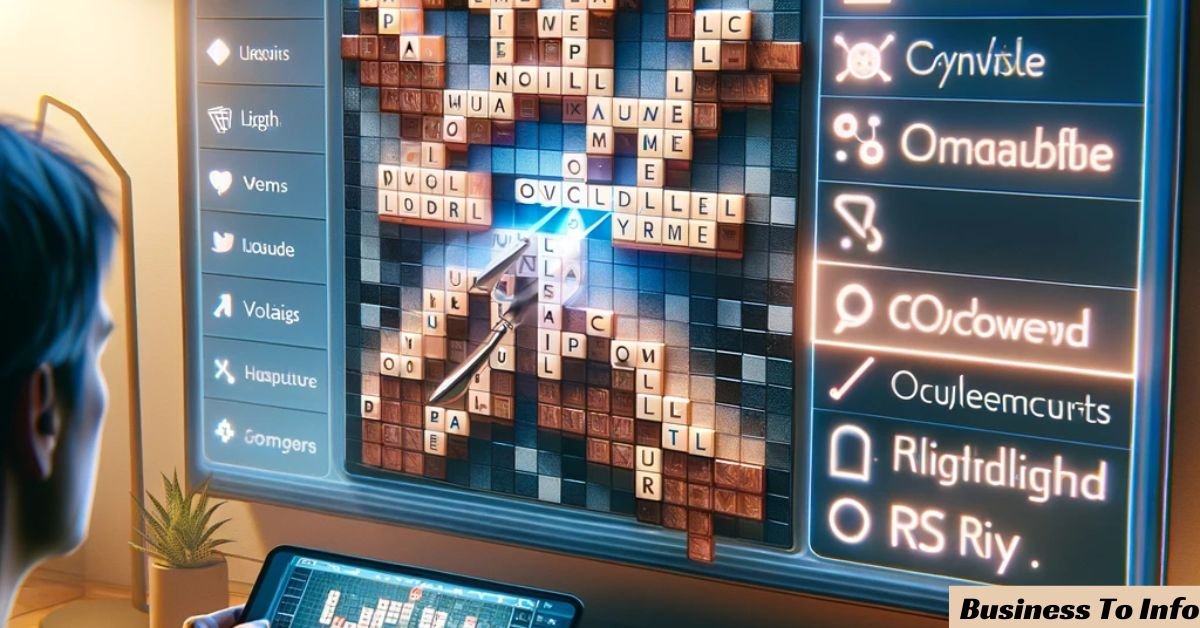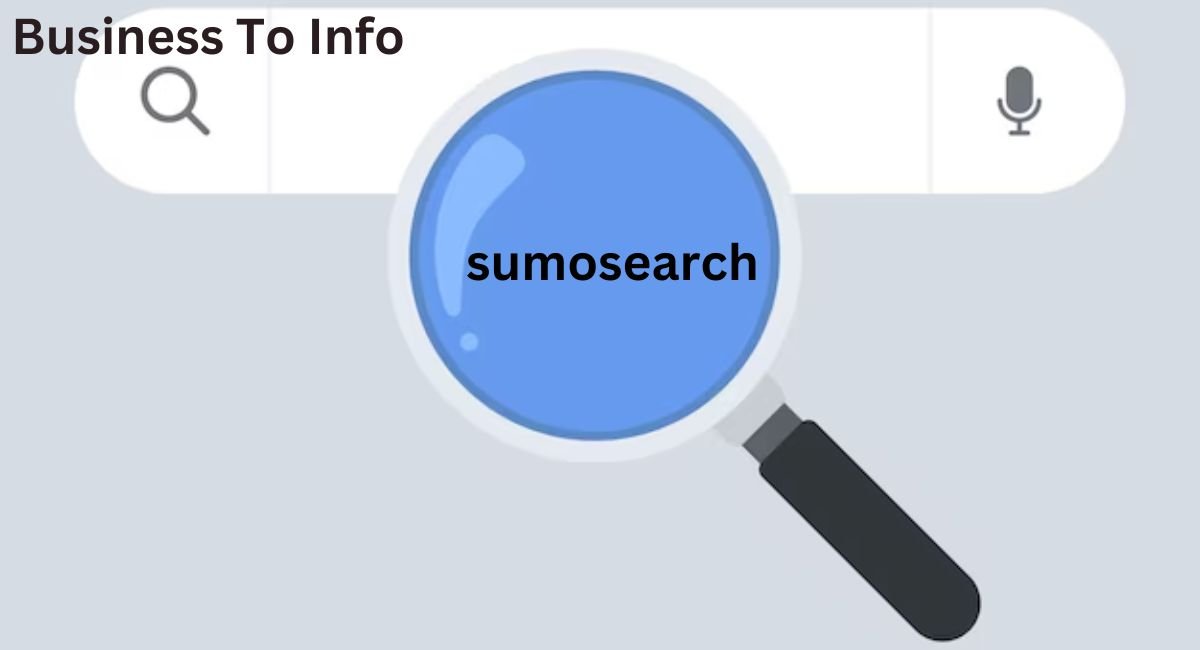In the realm of online word puzzles, Octordle stands out as a challenging and engaging game that pushes players’ linguistic and problem-solving skills to the limit. With its unique format requiring players to solve multiple words simultaneously, mastering Octordle Hints can be a daunting task. However, with the right strategies and a few well-timed hints, you can significantly improve your gameplay and enjoy the satisfaction of solving even the most complex puzzles.
Understanding Octordle Hints
Before diving into specific strategies, it’s important to understand the basic mechanics of Octordle. Unlike its predecessors, which might focus on a single word or a handful of words at a time, Octordle requires players to solve eight five-letter words simultaneously. Each guess you make applies to all eight puzzles, adding layers of complexity and requiring a more strategic approach.
The Importance of a Strong Start
Starting strong is crucial in Octordle. Your initial guesses lay the foundation for your subsequent moves. Begin with a word that includes a mix of common vowels (such as A, E, I) and frequently used consonants (like T, N, S). This approach maximizes your chances of revealing useful letters early on.
For example, words like “ARISE,” “NOTES,” or “CRANE” are excellent starting points because they cover a wide range of common letters and vowel placements. By doing this, you can quickly identify which letters are present in each of the eight words, giving you a solid base from which to build your strategy.
Also Read: r/SquaredCircle | The //vital-mag.net Blog | GWPAX
Analyzing Feedback Efficiently
One of the key skills in Octordle is efficiently analyzing the feedback you receive from each guess. Pay close attention to the color-coded feedback, which indicates whether a letter is correct and in the right position (green), correct but in the wrong position (yellow), or not in the word at all (gray).
To make the most of this feedback:
- Focus on the green letters first, as they give you immediate correct placements.
- Use yellow letters to explore different positions within the word, ensuring you do not repeat placements that are already confirmed incorrect.
- Eliminate gray letters from your subsequent guesses to avoid wasting guesses on known incorrect letters.
Balancing Risk and Reward
Octordle requires a delicate balance between taking calculated risks and playing it safe. As you progress through the game, you’ll often face situations where making a bold guess could either solve multiple words at once or lead to a series of incorrect guesses.
To navigate this balance:
- Use your limited guesses strategically, especially in the middle to late stages of the game.
- Avoid overly speculative guesses that do not build on the information you’ve already gathered.
- When in doubt, opt for guesses that can provide maximum feedback across the remaining words, thus incrementally improving your chances of solving the puzzles.
Utilizing Word Patterns and Common Endings
Word patterns and common endings are valuable tools in your Octordle arsenal. Certain letter combinations and endings are more frequent in English, such as “ING,” “ED,” “ER,” and “TION.” By recognizing these patterns, you can make more informed guesses that align with common word structures.
For instance, if you have identified “T” and “ION” in separate positions, it’s reasonable to guess words like “ACTION” or “OPTION.” Similarly, if you see “E” and “R” in likely positions, consider endings like “ER” or “RE.”
Staying Adaptable and Flexible
Flexibility is key in Octordle. As the game progresses, the feedback from your guesses may prompt you to adjust your strategy. Be prepared to change your approach based on new information and remain open to different word possibilities.
This adaptability is particularly important in the later stages when the pressure to solve the remaining words increases. By staying flexible and not locking yourself into a single line of thinking, you enhance your ability to find the correct solutions.
Practice Makes Perfect
Like any skill, improving your Octordle gameplay comes down to practice. The more you play, the more familiar you will become with common word patterns, strategic guessing, and efficient feedback analysis. Regular practice will also help you develop a mental library of effective starting words and strategies tailored to your unique style of play.
Using Octordle Hints and External Resources
While the challenge of solving Octordle on your own is immensely satisfying, there’s no harm in seeking hints and using external resources when you’re stuck. Online word lists, anagram solvers, and even community forums can provide valuable insights and strategies that enhance your gameplay.
However, use these resources judiciously. Relying too heavily on external aids can detract from the learning experience and the satisfaction of solving puzzles independently. Strive for a balance that allows you to enjoy the challenge while also making steady progress.
FAQs
What is the best starting word in Octordle? A strong starting word includes a mix of common vowels and consonants, such as “ARISE,” “NOTES,” or “CRANE,” to maximize early feedback.
How do I analyze feedback effectively in Octordle? Focus on green letters for correct placements, use yellow letters to test different positions, and eliminate gray letters from future guesses.
How can I balance risk and reward in my guesses? Strategically use your guesses to build on gathered information, avoid overly speculative guesses, and opt for guesses that provide maximum feedback.
What common word patterns should I look for in Octordle? Look for frequent letter combinations and endings like “ING,” “ED,” “ER,” and “TION” to inform your guesses.
How can I improve my Octordle skills? Regular practice, analyzing feedback efficiently, recognizing common patterns, and using hints and external resources judiciously can enhance your gameplay.
Should I use external resources for Octordle hints? Yes, but use them judiciously to enhance your learning experience and maintain the satisfaction of solving puzzles independently.
Conclusion
Mastering Octordle requires a blend of strategic thinking, pattern recognition, and adaptability. By starting with strong guesses, efficiently analyzing feedback, balancing risk and reward, and staying flexible in your approach, you can improve your chances of success. Regular practice and the judicious use of external resources can further enhance your skills, making you a formidable Octordle player. Embrace the challenge, enjoy the process, and watch as your solving abilities grow with each game.




